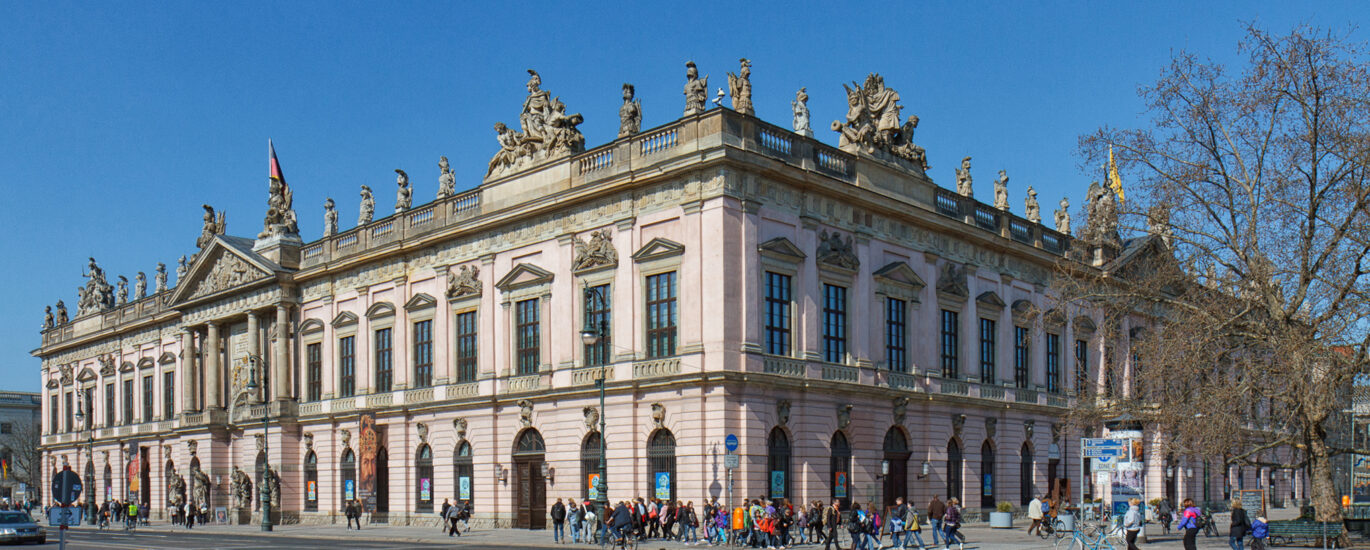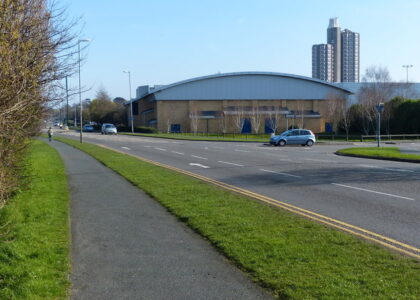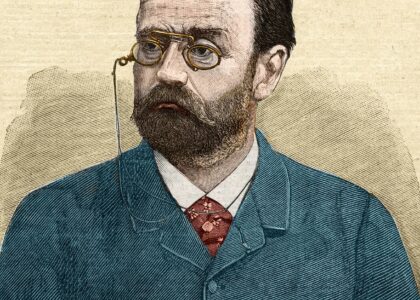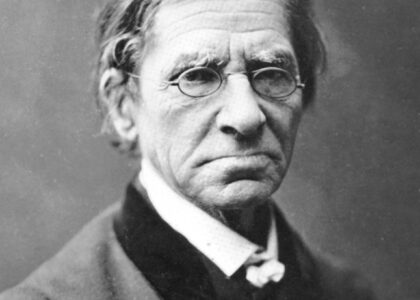Welcome to the Deutsches Historisches Museum, a beacon of history situated in the heart of Berlin. As you stand before this magnificent institution, let your mind wander back to the late 17th century, a time when Europe was a tapestry of royal ambitions and military might. It was here, in 1695, that Frederick William, Elector of Brandenburg, envisioned an armoury that would become a cornerstone of Prussian military power. His son, Frederick I of Prussia, brought this dream to life, turning the Zeughaus into a repository of war instruments and trophies.
The Zeughaus, now housing the museum, was not just a building. It was a monument to Prussian military prowess, echoing with the footsteps of soldiers and the clatter of arms. Imagine the stories held within its Baroque walls, stories of power, glory, and the tumultuous changes that swept through Europe over the centuries. The Latin inscription above its portal speaks to its original purpose: a place to honor military feats and instill dread in foes.
Fast forward to the 19th century, when the tides of revolution swept across Europe. In 1848, the Zeughaus was stormed by insurgents, marking a pivotal moment in its history. The building that once stored the instruments of war now faced the wrath of revolutionaries seeking change. Post-revolution, it was transformed into a ‘Hall of Fame’ for the Prussian army, celebrating its military legacy.
As the 20th century dawned, the Zeughaus was witness to Germany’s complex history. In 1987, the museum was officially founded on the occasion of Berlin’s 750th anniversary, supported by the then Chancellor Helmut Kohl. The fall of the Berlin Wall in 1989 brought a new chapter, as the museum absorbed collections from the former East German Museum für Deutsche Geschichte, uniting divided histories.
Today, while the historic Zeughaus undergoes renovation, the modern Pei Building designed by architect I.M. Pei stands ready to engage visitors with temporary exhibitions. Here, the museum continues its mission to present German history within a broader European context, encouraging understanding and dialogue.
As you absorb the stories around you, consider the museum’s role in nurturing a critical analysis of history. With a collection that spans from medieval weaponry to contemporary art, the Deutsches Historisches Museum is not just a repository of objects but a vibrant center for historical reflection. Join the ranks of the curious who have walked these halls, and let the echoes of the past guide your journey through time.






